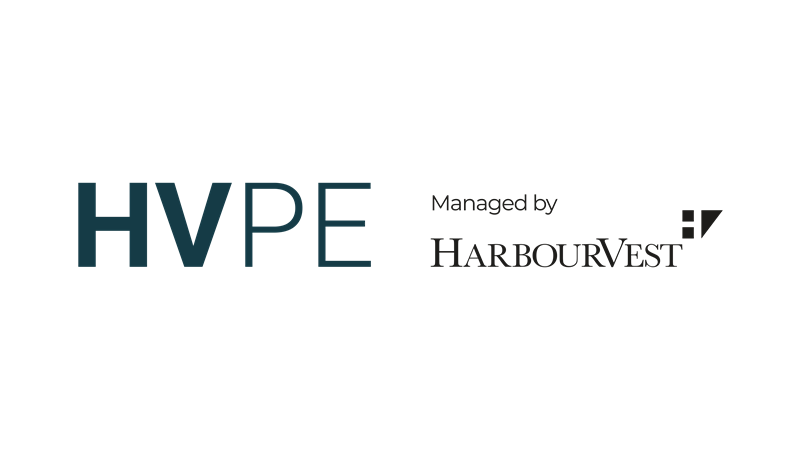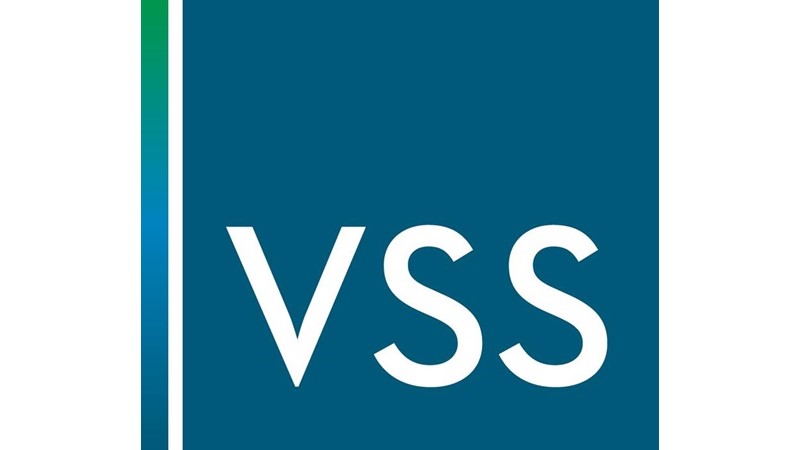Cayman Gears Up for Significant Fund Regulation Changes
January in the Cayman Islands saw the launch of the Cayman Government's much-anticipated response to the continued drive to act decisively on EU and international recommendations by planning the introduction of bespoke, sector specific new requirements for the registration of unregulated investment funds.
Following industry briefings in the first couple of weeks of the year, the activity by firms and lawyers in the Islands is gathering pace to ensure that clients fully understand the significance of the new regulatory regime and, if they are in scope, what action may be required to ensure future compliance.
The publication of the draft Private Funds Bill, 2020 (the Bill) and a draft amendment to the Mutual Funds Law (2019 Revision) (MFL Amendment) on 8 January provides the framework to ensure that the Cayman Islands regulatory regime continues to be aligned with international standards and expectations and ensures that the Cayman Islands remain a gold standard jurisdiction for both private equity and hedge funds.
During the legislative consultation process we recognised the significance of the changes – far in advance of January's announcement. As a result, we have kept in step with developments and maintained a close dialogue with the relevant Government authorities and working groups. We are pleased that the form of draft legislation published this month strikes a careful balance between ensuring that the new legislation strengthens global investor confidence in Cayman Islands investment fund vehicles while ensuring that the Cayman Islands remains the preeminent jurisdiction for investment funds formation by maintaining a commercial regulatory model.
On 30 January, the new bill and the amendment will be put before the Legislative Assembly for any final amendments, before they are passed into law. As with similar regulatory moves in jurisdictions such as the British Virgin Islands, there will be a transition period for existing structures and different provisions of the legislation will likely be commenced at different times during a staggered implementation timetable. The Government has expressly stressed that it is mindful that a smooth and successful transition for existing private funds will require preparation and time.
Further detail will be provided by the authorities in rules, regulation and guidance, including detail on the registration process, systems and fees.
Private Funds Bill 2020
The Bill applies to any Cayman Islands closed-ended fund. Funds which fall within the definition of a private fund will be registered with and regulated by the Cayman Islands Monetary Authority (CIMA) under the new regulations.
The definition of 'private fund' captures any company, unit trust or partnership whose principal business is the offering and issuing to investors of its participating, non-redeemable investment interests, the purpose or effect of which is the pooling of investor funds with the aim of spreading investment risks and enabling investors to receive profits or gains from such vehicle's investment activity. The Bill seeks to ensure that there is transparency and proper documentation detailing a private fund's core operations and processes and seeks to achieve this though requirements which align with most private funds' current procedures regarding:
- audit
- valuation
- custody
- cash monitoring, and
- securities identification requirements
In its own dialogue with firms, CIMA has also confirmed that it will require all private funds to have at least two natural persons acting as, or for, the operator (board of directors or general practitioner, for instance) of the private fund.
Mutual Funds (Amendment) Bill, 2020
The MFL Amendment will affect open-ended funds carrying on business in or from the Cayman Islands that were previously exempt from CIMA regulation under section 4(4) of the Mutual Funds Law (s4(4) Funds). Section 4(4) of the Mutual Funds Law currently provides a registration exemption to mutual funds whose equity interests are held by not more than fifteen investors, a majority of whom are capable of appointing or removing the operator of the fund.
It is expected that s4(4) Funds will be required to have at least two natural persons acting as, or for, the operator (board of directors, general partner etc), and that these persons will be required to register under the Directors Registration and Licensing Law (Revised).
A s4(4) Fund will be required to have its accounts audited annually by an auditor approved by CIMA. The MFL Amendment requires that the accounts be prepared and audited in accordance with International Financial Reporting Standards or US, Japanese or Swiss GAAP or GAAP of a non-high risk jurisdiction.
As we head towards the end of the month and the probable passing of the Bill and the MFL Amendment, it is important to continue to closely monitor any changes to the proposals in order to assist clients in their preparation for the new regime.
**********
Joanne Huckle is a Partner at Ogier in the Cayman Islands
***
The views expressed in this article are those of the author and do not necessarily reflect the views of AlphaWeek or its publisher, The Sortino Group
© The Sortino Group Ltd
All Rights Reserved. No part of this publication may be reproduced, stored in a retrieval system or transmitted in any form or by any means, electronic, mechanical, photocopying, recording or scanning or otherwise, except under the terms of the Copyright, Designs and Patents Act 1988 or under the terms of a licence issued by the Copyright Licensing Agency or other Reprographic Rights Organisation, without the written permission of the publisher. For more information about reprints from AlphaWeek, click here.







